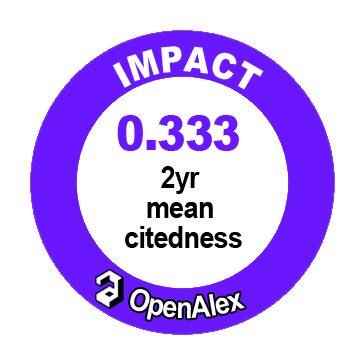Financial Market Integration and Economic Growth: Assessing the Role of Cross-Border Investments in Africa
DOI:
https://doi.org/10.55220/25766759.460Keywords:
Africa, Capital flows, SDGs, Cross-border investments, Economic growth, Financial integration.Abstract
This research studies how African countries’ economic growth is linked to the integration of their financial markets and the flow of investments across borders. While new regional projects like AfCFTA and AELP are being implemented, the African financial sector remains divided, so the continent cannot maximize the benefits of global financial linkages for broad development. Reviewing ECOWAS, SADC and COMESA regions combines with comparative case analysis helps see the effects of economic integration on capital inflows, the smoothness of markets and lasting economic results. Secondary data and institutional reports provided by the IMF, AfDB, UNCTAD and ASEA are used in the research, together with thematic and comparative analysis to determine what helps and hinders financial integration. The results show that digital growth, unified laws and partnerships are important, while unreliable currency, weak institutions and political challenges continue to obstruct the system. East Africa’s markets are more separated, so they have not advanced as much under ECOWAS’ progress as West Africa has, due to better monetary coordination. The study stresses that to achieve significant economic growth in Africa, reforms should be phased out by harmonizing policies regionally, digitalizing finances and strengthening institutions, all based on the Sustainable Development Goals (SDG 8 and SDG 17).





